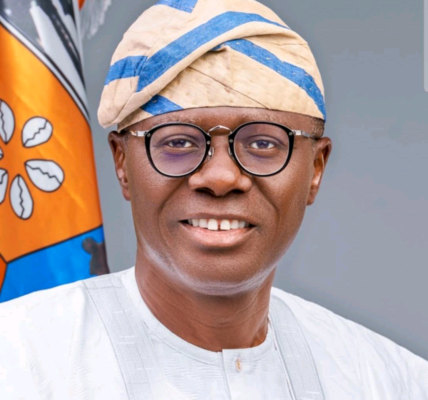 The announcement that Mali, Niger and Burkina Faso will withdraw from the Economic Community of West African States (ECOWAS) “without delay” has put an abrupt end to fractious talks on organising elections and reinstating civilian rule. With their emphasis on restoring “national sovereignty” and driving out terrorist groups, the three West African countries’ military governments have made it clear that organising elections is not their primary concern.
The announcement that Mali, Niger and Burkina Faso will withdraw from the Economic Community of West African States (ECOWAS) “without delay” has put an abrupt end to fractious talks on organising elections and reinstating civilian rule. With their emphasis on restoring “national sovereignty” and driving out terrorist groups, the three West African countries’ military governments have made it clear that organising elections is not their primary concern.
Since successive coups in Mali, Burkina Faso and Niger, the Economic Community of West African States (ECOWAS) has been trying to get the countries’ military leaders to commit to holding elections to reinstate civilian governments.
Despite the heavy sanctions imposed, fractious negotiations between the three West African countries and ECOWAS have failed to produce tangible results. In their joint withdrawal announcement on January 28, the interim leaders of Mali, Burkina Faso and Niger criticised the West African regional organisation for its lack of support in the fight against terrorism and for adopting “illegal, illegitimate and inhumane” punitive measures. Their exit marks the end of negotiations regarding each country’s electoral timetable, which the military governments had shown little inclination to put in place.
In Mali, the first country to be affected by the wave of coups that has spread across West Africa in recent years, talks initiated by ECOWAS on the duration of the transition period have seen many twists and turns. Following the August 2020 coup that toppled President Ibrahim Boubacar Keïta, ECOWAS imposed an economic embargo, closing its borders with the country while maintaining deliveries of essential goods. The military then installed a civilian government committed to holding elections within two years, scheduled for February 27, 2022. However, a second putsch in May 2021 shattered this promise.
Speaking to FRANCE 24 months after the second coup, Mali’s Prime Minister Choguel Maiga described the February 2022 deadline as unrealistic. “It is better to have a few more weeks, even a few more months” than to have another post-electoral crisis, like the one that led to the fall of President Keïta, he said.
Since then, the length of the transition period has changed several times. At the end of December 2021, following a “national consultation”, Mali’s interim President Assimi Goïta proposed extending it by five years. This was later reduced to two years under pressure from ECOWAS. Before announcing their withdrawal from the West African regional organisation, the Malian authorities had again postponed the presidential election, scheduled for February 4, 2024, for “technical reasons”, without giving a new date.





